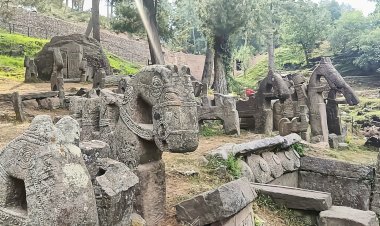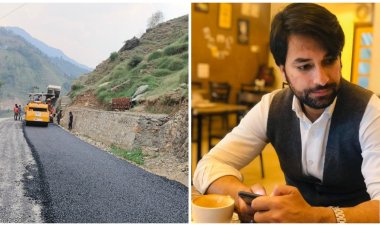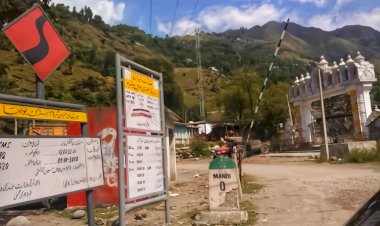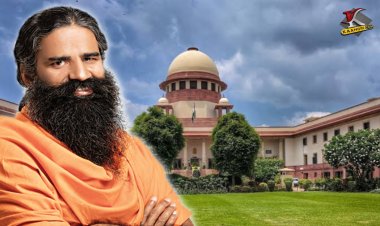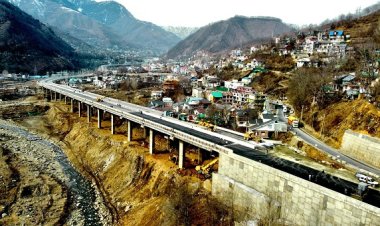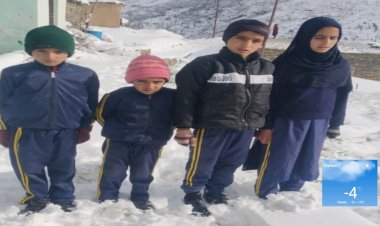Himalayan Solidarity to secure future of mountains
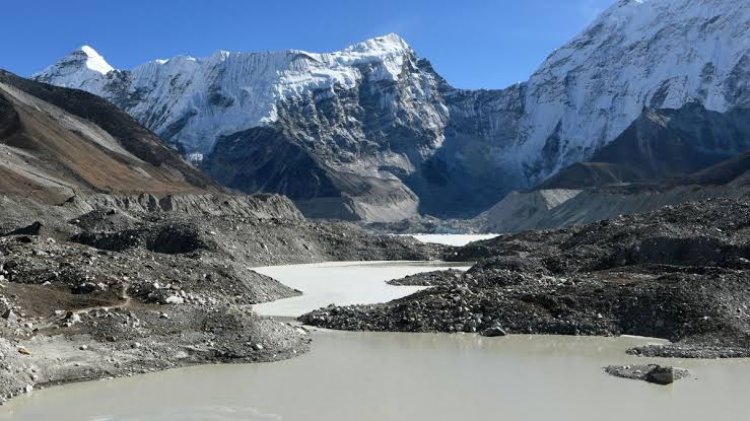
Himalayan Solidarity to secure future of mountains
Not profit but people and nature centred governance is way forward
The People for Himalaya, a campaign of civil society organisations, social and environmental justice activists from the mountain states working towards advocating for the securing the region from disasters in an online press conference released a five-point demand charter for dissemination to all political parties in the wake of the 2024 Lok Sabha Elections.
‘A top down model of development and governance cannot work for the region which has its unique topography, culture and lifestyle’, said Climate activist Sonam Wangchuk who recently concluded his 21 day climate fast in Ladakh, with the demand for statehood and 6th Schedule recognition under the constitution. In solidarity with the ongoing struggle in Ladakh, representatives from the entire Himalayan belt addressing the press, put forth the issue of marginalisation of the Himalayan voices at the national level and the need for Himalayan solidarities to raise the demands around decentralisation and democratisation of decision making for the well-being of mountains and its communities.
Mayalmit Lepcha, from Affected Citizens of Teesta, and Mohan Saikia from the North East Dialogue forum expressed serious concerns about the ecological impacts of massive hydropower development proposed on the Bramhaputra and its river basins without the consent of local indigenous communities. ‘The far reaching impact of these infrastructures are manifested in the form of floods whose impacts go right upto the downstream', added Saikia.
The demand for a complete halt on mega infrastructures like large dams, railway and fourlanes given the underground invasion and muck generation was also echoed by Guman Singh, from Himalaya Niti Abhiyan and Atul Sati of Joshimath Bachao Sangharsh Samiti. ‘Be it the Beas floods or the land subsidence in Joshimath, these are all not natural disasters but man-made, policy led disasters’. The over-all demand for a people not profit centred economic and governance was reiterated. Vimla Vishwapremi of Parvatiya Mahila Adhikar Manch, Himachal and Aman Gujjar from Van Gujjar Tribal Yuva Sangathan Uttarakhand further added that those who contribute least to these policy disasters and the climate crisis are worst impacted - the most marginalised people - be they pastorals, landless Dalits and women. 'They remain invisible and lack support when it comes to rebuilding their lives'. ‘First we get affected by disasters and then policies like forced plantations on our lands further restrict our rights and livelihoods', added Aman Gujjar.
Anmol Ohri from Climate Front Jammu raised the issue of mindless pilgrim tourism, road construction in glacial regions and the threats from riverfront development projects that will increase the flood risk in the region. The apathy and failure of central institutions in monitoring, regulation and planning was highlighted by Kashmir based writer and researcher Dr. Raja Muzaffar Bhatt in the context of the wetland destruction in the region.
Wildlife Biologist Tsewang Namgial and glaciologist Smriti Basnett lent their voice to the campaign with their concern for the loss of biodiversity and glacial health in the high Himalaya. 'Mountains dont need this development which is hasty, haughty and haphazard', said Namgial. Building equitable, sustainable and resilient mountain societies with peace and justice is the way forward and this requires strengthening local livelihood base through fair resource distribution and ownership. In the coming days the demand charter will be publicised further through media campaign as well as letters to political parties.

